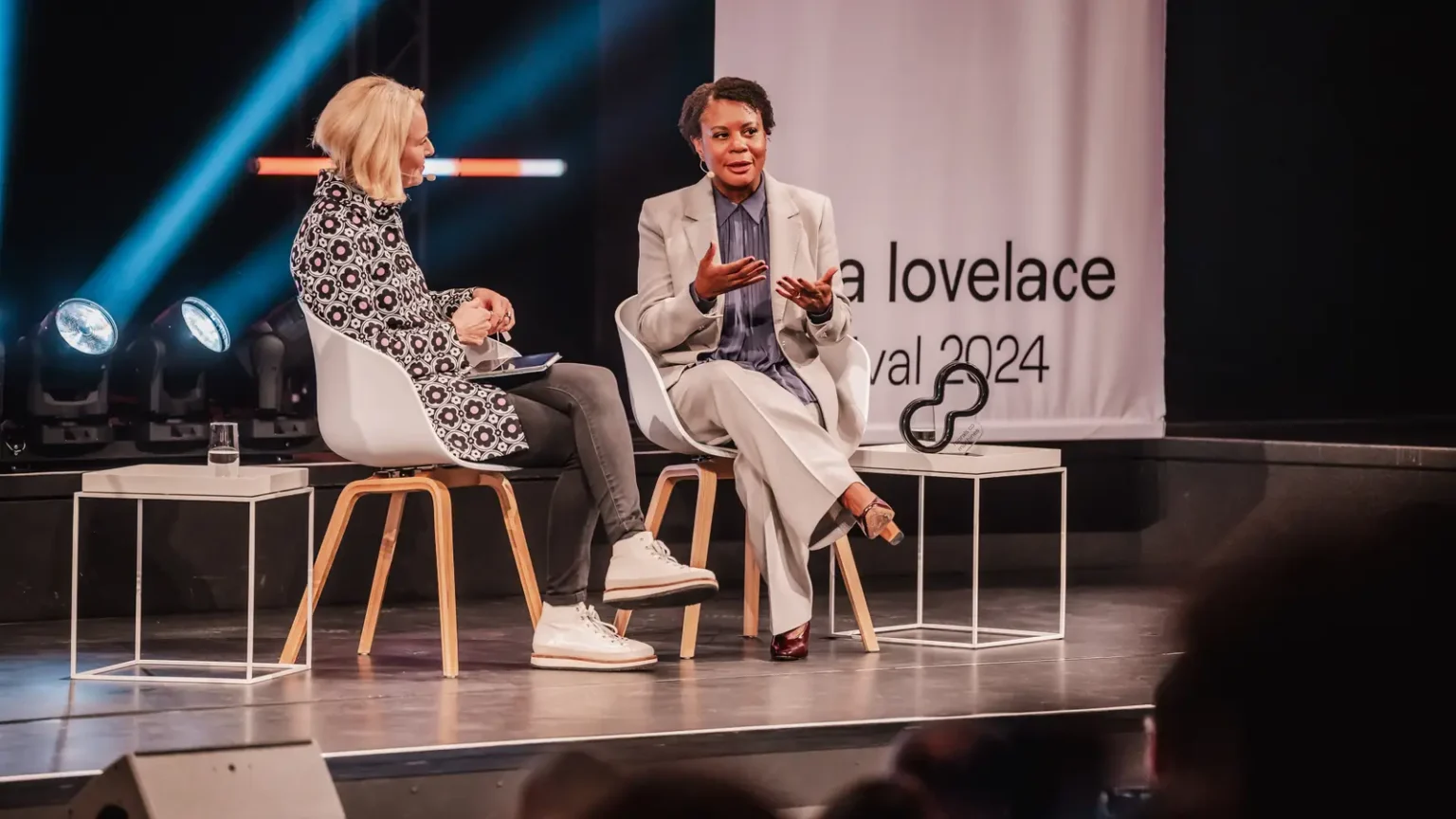Alondra Nelson, scholar and former White House advisor, is leading efforts to make AI ethical and inclusive, especially for Black communities. In the early days of the internet, before social media and Wi-Fi became staples of daily life, concerns about a “digital divide” dominated tech discussions. Back in the late 90s and early 2000s, this divide meant limited access to computers and the skills to use them among Black Americans. Fast forward to 2024, and while Black Americans are now digital innovators, new challenges have emerged, particularly in the realm of AI and equitable representation in technology.
The Shifting Digital Divide
Once defined by access to technology, the digital divide now includes critical concerns about AI’s impact on Black communities. Although rural areas still struggle with high-speed internet access, the pressing issues today are about fair representation and protection from the biases built into AI systems. Enter Dr. Alondra Nelson, a renowned scholar working tirelessly to ensure that AI and emerging technologies are fair, safe, and equitable for all.
Nelson served as acting director of the White House Office of Science and Technology Policy from 2021 to 2023, working to embed ethics, racial equity, and access into the Biden administration’s tech policies. She acknowledges the dual nature of technology’s impact on Black communities—both as a tool for innovation and as a potential source of harm.
“There have been times when technology has been damaging to Black communities,” Nelson told BET.com. “I work in that space of having high hopes for the most beneficial, innovative technology, while also being mindful of the dangers.”
AI Bias: A Real Threat to Black Communities
Nelson’s mission became personal when discussing cases like Porcha Woodruff, a Black woman in Detroit who was wrongfully arrested after being misidentified by facial recognition software while eight months pregnant. This incident underscores the danger AI poses to vulnerable communities, with its potential to perpetuate bias and discrimination.
Nelson’s work with the Biden administration included drafting a blueprint for an “AI Bill of Rights” to safeguard privacy, combat bias, and prevent harm. “As an African American, I have had to confront the ways tech falls short, particularly for the Black community,” she said. “The purpose of my work is to close that gap and ensure these tools are ethical, responsible, and beneficial for all of us.”
AI Missteps and the Need for Ethical Oversight
Earlier this year, Nelson’s research revealed troubling findings: chatbots disseminating false or misleading information about voting. Some chatbots incorrectly advised users on voter eligibility, potentially contributing to voter disenfranchisement. “We found chatbots giving wrong answers about whether individuals with felony convictions could vote in Nevada,” Nelson said. “This was very worrisome.”
Although she no longer serves in the White House, Nelson continues her critical work as a professor at the prestigious Institute for Advanced Study, where Albert Einstein once taught. Her passion for science and technology was instilled early by her parents, both of whom worked in the tech industry.
Black Women Leading the AI Ethics Movement
Despite challenges, Nelson remains hopeful. She highlights the pivotal role Black women have played in advancing AI ethics. “AI policy and AI ethics have been pioneered, in part, by Black women,” Nelson noted. “This is a field where we have led, and I’m optimistic that we will continue to be at the forefront.”
The road ahead is clear: bridging the AI divide requires vigilance, advocacy, and ethical leadership. Nelson’s work is a testament to the power of fair, responsible tech—and the fight to ensure it benefits everyone.












